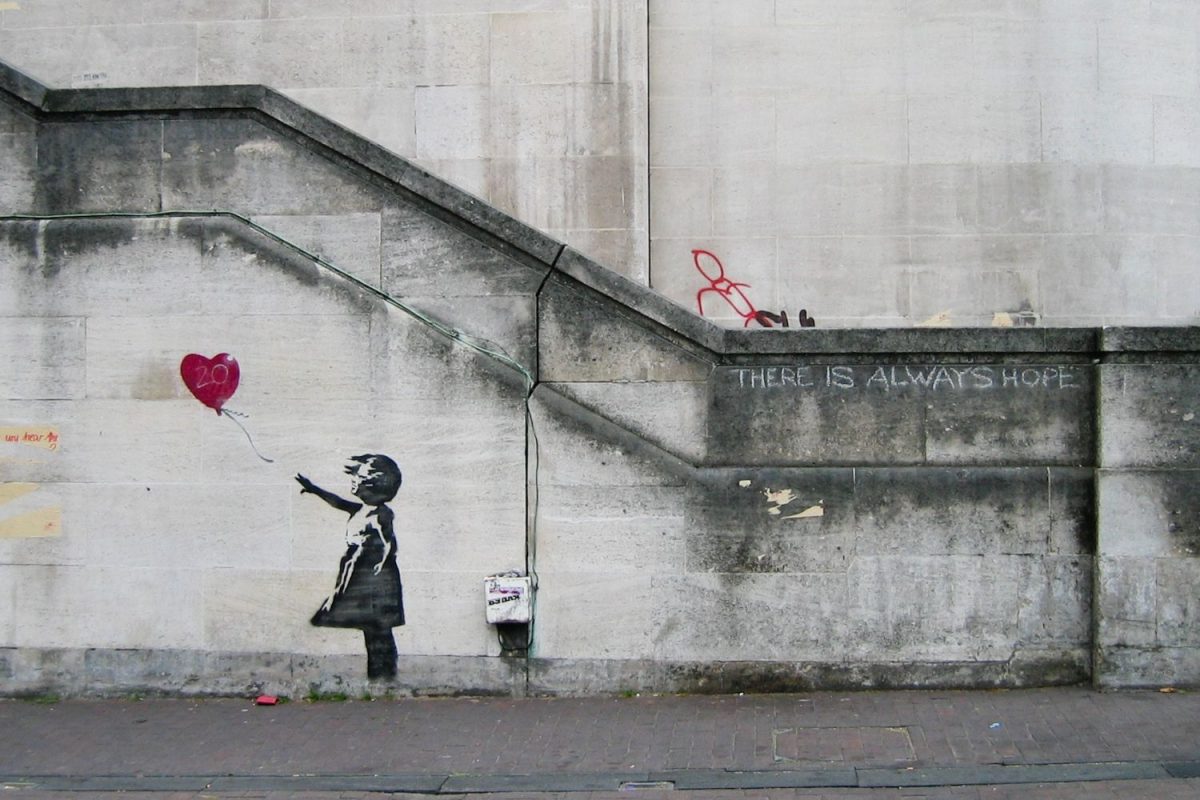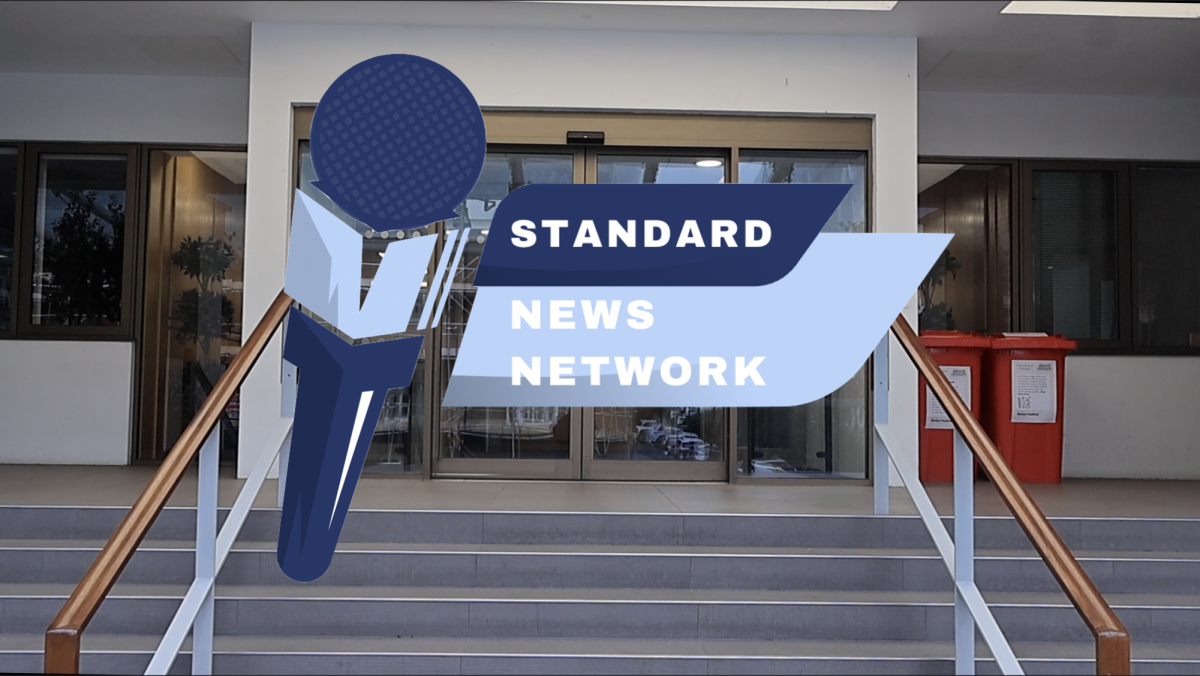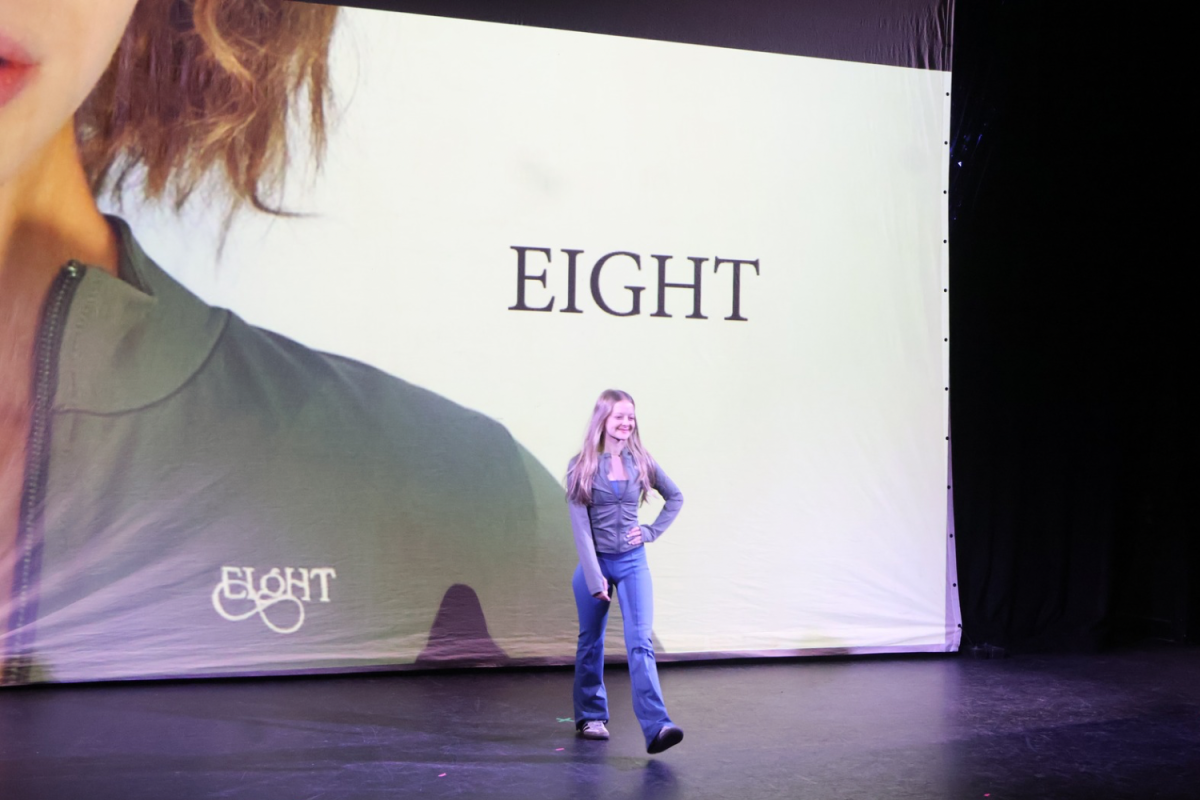As a student at a private school – where tuition is already increasing by nearly 10% for the next school year – the introduction of the Labour Party’s Value Added Tax pledge on private school tuition initially confused me. Why should parents who already invest large sums of money into their children’s education have to pay even more?
According to Sky News, the Labour Party is planning to add a likely 20% VAT to private school tuition if they assume power in the next general election. The purpose of this tax is not for the government to gain profit, but rather to finance state-run education, according to School Guide, and the Labour Party can use the money made from VAT to enrich the state school system.
A couple of months ago, I attended the debate, “Save Our Private Schools!” Feb. 27 involving four teachers and journalists, who shared their arguments through speeches. The debate was open to all but required the purchase of a ticket. After attending the event, my perspective on the pledge entirely shifted. I came to realize the true benefits of the prospective change as it would lessen inequality between state education and private school systems.
British non-fee-paying schools are crumbling, quite literally. According to a spring 2024 education budget report from the National Education Union, 70% of schools today have less funding than in 2010, contributing to larger class sizes, teacher shortages and poor school facilities.
Something must be done to support and elevate the quality of the state system. Many private schools have what state schools lack: high-quality resources and pedagogical freedom. So, it makes sense for the private school community to support state-run education.
The Labour Party’s pledge to place a VAT on private school fees is a positive step forward and will improve the overall quality of education in the U.K.
According to The Guardian, one route discussed by Labour to improve state education was to remove the charitable status of private schools, meaning schools would operate as businesses and pay taxes to the government. This would force schools to provide payments, rather than parents.
However, the VAT on tuition serves as a better plan because losing charitable status would burden smaller private schools that do not have the resources to cope with the greater additional tax. In this instance, schools would be receiving the same tuition payments, yet would have to battle an additional tax, despite many parents being capable of paying increased fees.
Furthermore, the VAT gaining approval and understanding from private school participants may prove difficult because of the gravity of a 20% increase. For example, with ASL’s high school tuition for the 2024-25 school year, a 20% increase would cost high school parents an additional £8,180. Those who can afford this jump must recognize the impact they would make via this payment, despite initial indignation.
As I sat in that debate room, I was conscious of my underlying private school bias. The debate chair instructed the room to raise their hands if they went to or currently attend a private school, and, 90% of the room held their hands high. However, by the final room poll, 36% of the room disagreed that “VAT should be not charged on private school fees.” Subjects of private institutions are fully able to shift their outlook, just like I did.
Following through with the VAT pledge would not only benefit students in the state system but also widen the perspectives of those in private school bubbles.
As a private school student, I notice that the community can become sheltered inside its bubble. Students and parents may find it difficult to imagine that children at a nearby school are suffering from a lack of teachers or materials. Following through with the VAT pledge would not only benefit students in the state system but also widen the perspectives of those in private school bubbles.
Our school has a strong community partnership program. However, many other private schools do not have any programs in place at all. People within private schools are often tightly enclosed in their bubbles and do not make efforts to support surrounding local schools.
A few weeks ago, our school brought kids from a few local partnerships to attend a varsity basketball game. Many private schools create similar activities in collaboration with state schools, however, the hard reality is that however many times a student from a non-fee-paying school gets to visit a private school and witness the realm of academic and athletic opportunities available, very few will likely ever get the chance to be out playing on that court.
I am in no way downplaying the importance these partnerships hold, as I myself have developed some strong relationships with students from local schools in my partnership. However, these students deserve more. They are no different from the children in our school’s kindergarten and yet don’t have equal opportunities and resources to fuel their future. This inequality between the two school systems always lingers in the back of my mind.
This plan indicates progress but is not a pure solution. In the words of Journalist Melissa Benn at the “Save Our Private Schools!” debate, the Labour Party’s proposal is “a small but rational move in the right direction.” Students at smaller private schools with lower fees than the top well-known schools, as well as students who receive financial aid or bursaries at any private school, are put at risk under the tuition increase. The fees could increase too much for many of these pupils to afford.
I acknowledge that this pledge puts more pressure on parents, but for most, it is a choice to put their children through the private system, and the financial burden should not fall purely on schools. Additionally, there are ways that the full cost could not completely fall on the parents, according to School Guide. Schools can form various options to divide the added cost between the school and the parents.
It may be easy to get wrapped up in the small details, such as specific pupils who could be negatively affected by this plan by losing their position at a fee-paying school. Nonetheless, we must remember that 94% of students attend state schools, according to Tutorful, meaning that the benefits will have a wider impact than the few cons.
The Labour Party should more deeply consider ways in which they could reduce the plan’s impact on lower-income families or those on bursaries and financial aid. For example, the VAT could be scaled based on the income of parents, starting at a lower percentage than 20% and incrementally increasing.
As recipients of the private system, we are privileged to have a leg-up into the world via a whirlwind of opportunities, stellar resources and a creative curriculum. Therefore, private school communities must acknowledge the potential power of this VAT proposal, and not disagree at first glance.











